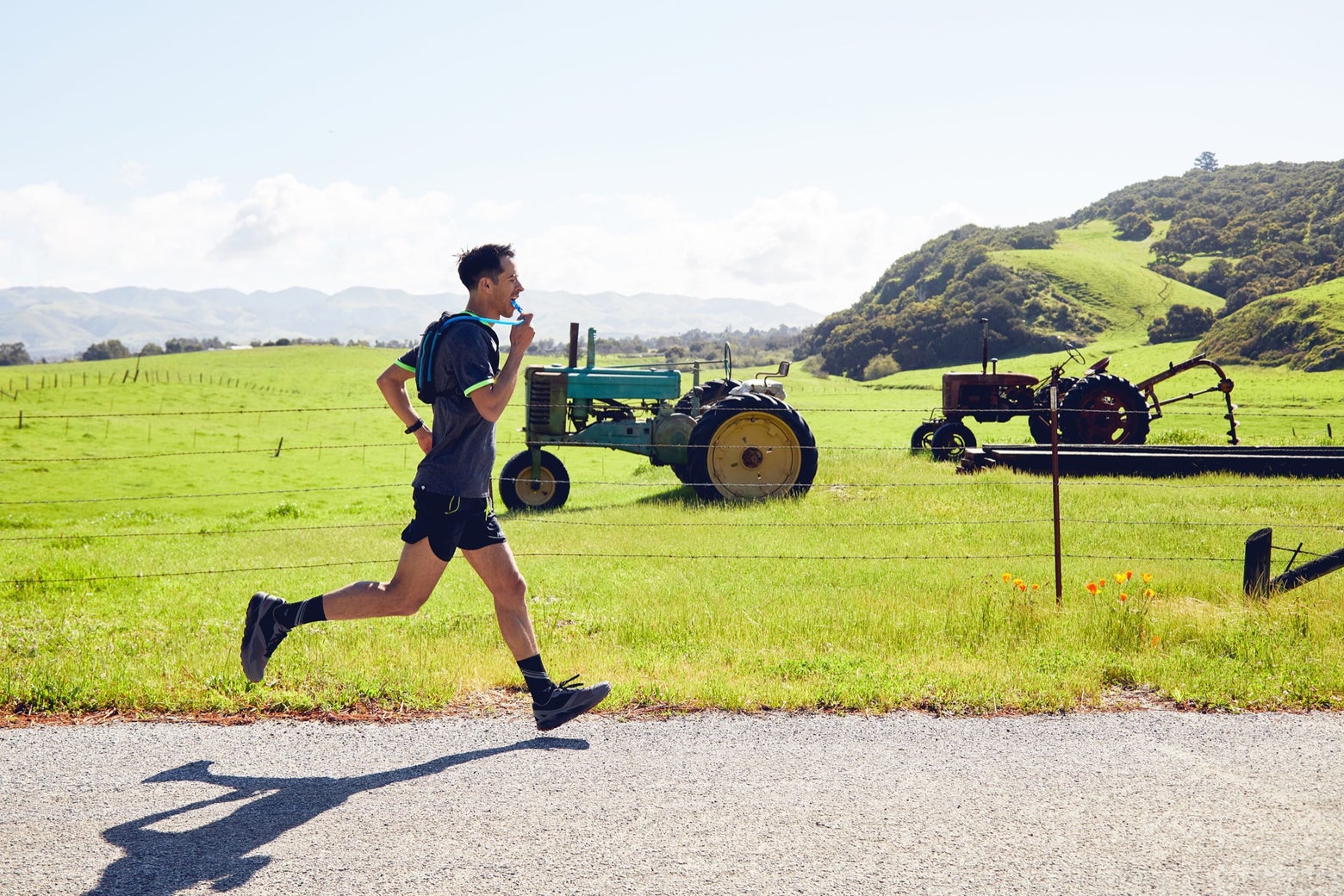How To Run a Faster 5K
Keys to Improving Your Race Time
Updated: 29th April 2024
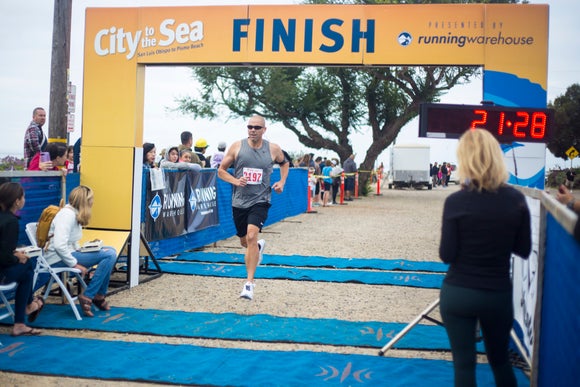
If you have a few 5K races under your belt, then odds are you've already succeeded in making running a big part of your life. Now that you are embracing the runner's lifestyle, you may be looking for the next big challenge. For many runners, that challenge will be to run faster.
The 5K race is a great opportunity to take your training to the next level and work for a personal record, or PR. Below, we've outlined a few steps you can take to achieve your best 5K result yet.
Build Endurance
Building endurance is a fancy way of saying that it will become easier and easier for you to run longer distances. When you start to run more in your training, it will become much less challenging to complete the 5K distance and much easier to start focusing on speed.
The best way to build endurance is to slowly add more miles to your training each week. This needs to be done gradually to avoid the risk of injury or mental burnout. A good rule of thumb is to increase your mileage no more than 10% per week. For example, if you're currently running 10 kilometres per week, next week you can shoot for 11.
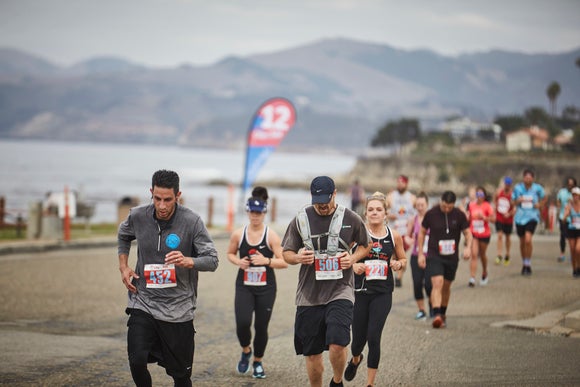
Build Speed
Running faster in your training may seem like an obvious way to improve your 5K times, but it is important to be intentional about the speed that you add to your runs. Trying to go faster all the time will just make you tired, so instead start by incorporating one day of speedwork per week. Tempo runs, fartleks, and strides are good speed workouts to start with.

Build Strength
Dedicated strength training helps build explosive running power. It also creates balance in the muscles that you use during running. Lifting weights or doing plyometrics that prioritise squats, lunges, and ab work can both help you build running power and decrease your risk of injury.
You can incorporate strength training into your runs as well. Training on hills can help strengthen your glutes and boost foot turnover for a faster cadence.
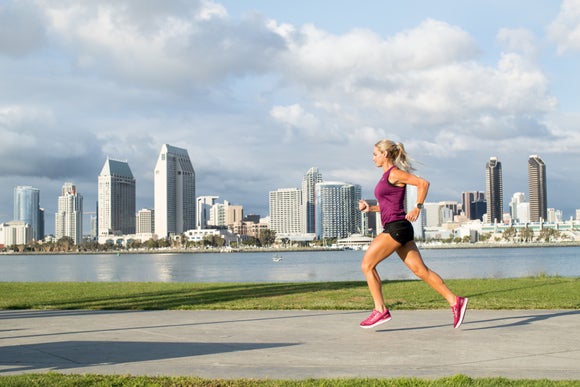
Prioritize Rest
With your dedication to building endurance, speed, and strength in your training, don't forget to let your body rest. Make sure you are giving your body time to recover and rebuild muscle between workouts. With adequate rest, you will be less likely to get injured or overtrained, and you will be giving yourself a chance to grow stronger and faster. Learn more about the importance of rest days in our article.

Live Like an Athlete
One of the best things you can do to improve your performance as a runner is to realise that training does not end when you get home from a run and take off your running shoes. Your training will be much more effective if you allow your body to make the most of it.
This does not mean that you need to go off the deep end and make radical changes to your lifestyle. However, you should think about how your choices may affect your running performance.
Some factors to consider:
- Are you getting enough sleep each night?
- Does your diet include mostly healthy nutrition options?
- Are you fuelling your body properly for your runs and races?
- Is stretching or foam rolling part of your routine?
- Are you warming up and cooling down before and after runs?
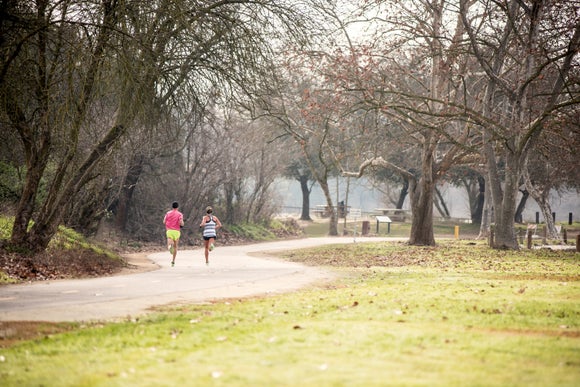
Push Yourself
Sometimes, the most important part of running a faster 5K is to push yourself, not only in your training but especially on race day. Set your mind on the goal, and even when your pace starts to become uncomfortable, push yourself to keep striving towards the finish line. You will surprise yourself by what your body can do and be proud to know that you put your all into your race. You'll probably have a new PR to show off as well!

